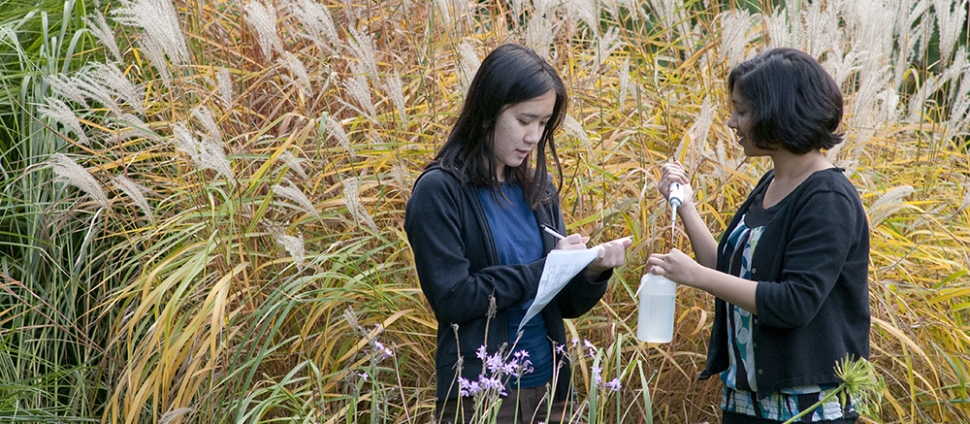Document Type
Article
Publication Date
3-1-2022
Publication Title
HAU: Journal of Ethnographic Theory
Abstract
The emerging movement to decolonize the sciences, social sciences, and humanities has emphasized the differences between Indigenous and Western scientific ways of knowing. Paradoxically, emphasizing the difference between these systems has also been the principle undergirding modern science’s claim to being a uniquely valid means of knowledge creation. Yet as each approach focused solely on contrasting Indigenous and scientific ways of knowing, potential similarities between these knowledge systems may have been ignored. One such oversight is the use of deception by each system, which is central to experimental research designs in the social and psychological sciences, and in American Indian trickster stories. In narratives recounted throughout American Indian societies, tricksters act from malevolence, greed, or generosity and are often catalysts in knowledge production. Similarly, it is the “experimental process” found in Western scientific systems that deceives subjects in order to elicit insights into causality, and such have been the results, that it has become a preeminent empirical method in the twentieth and twenty-first centuries.
Keywords
Experiments, Indigenous knowledge, Native American studies, Research practices and methods, Science and technology studies, Tricksters
Volume
12
Issue
1
First Page
46
Last Page
62
DOI
10.1086/719574
ISSN
25751433
Version
Version of Record
Recommended Citation
Orr, Yancey and Orr, Raymond, "Deception-Based Knowledge in Indigenous and Scientific Societies American Indian Tricksters and Experimental Research Designs" (2022). Environmental Science and Policy: Faculty Publications, Smith College, Northampton, MA.
https://scholarworks.smith.edu/env_facpubs/26


